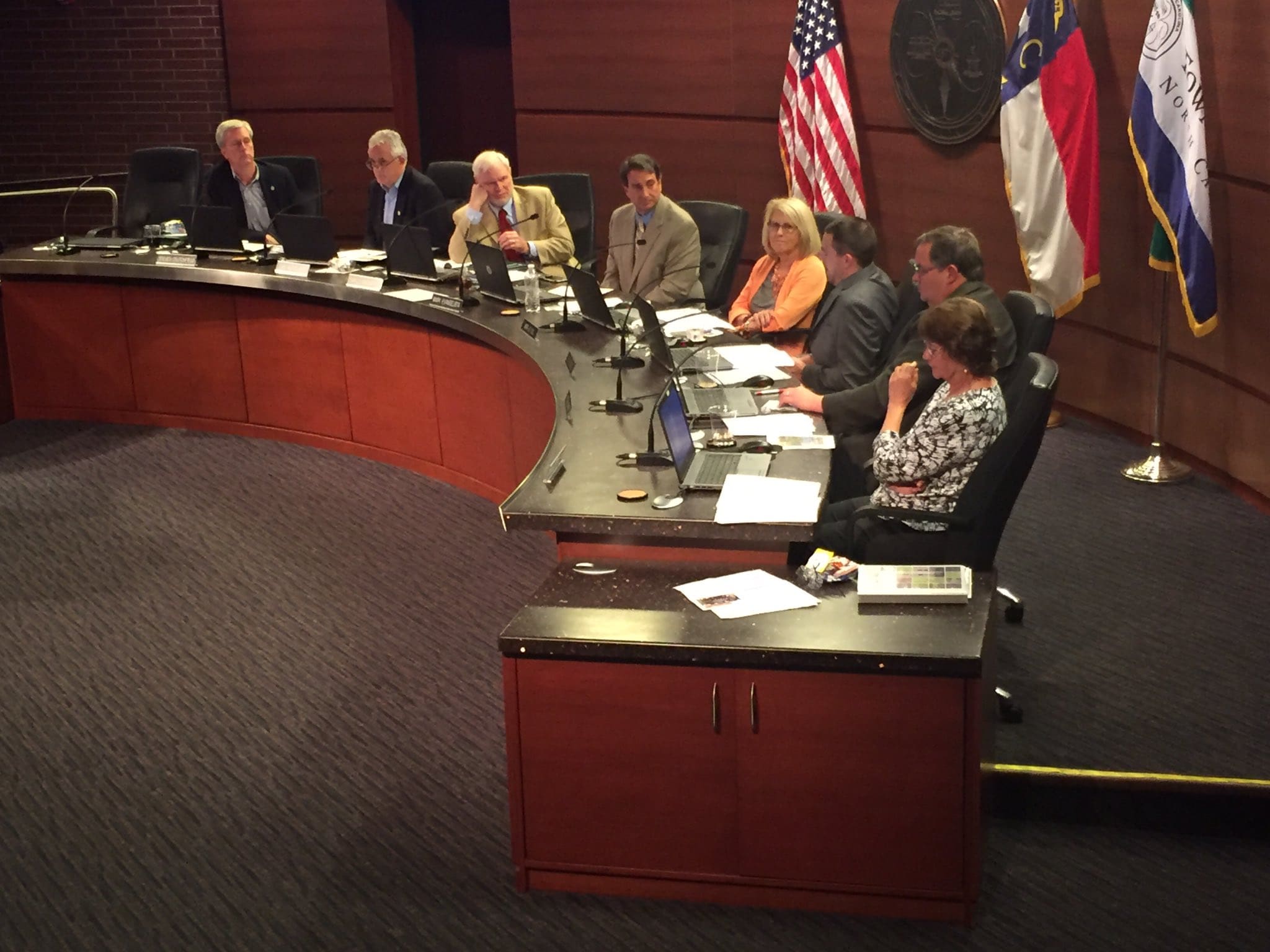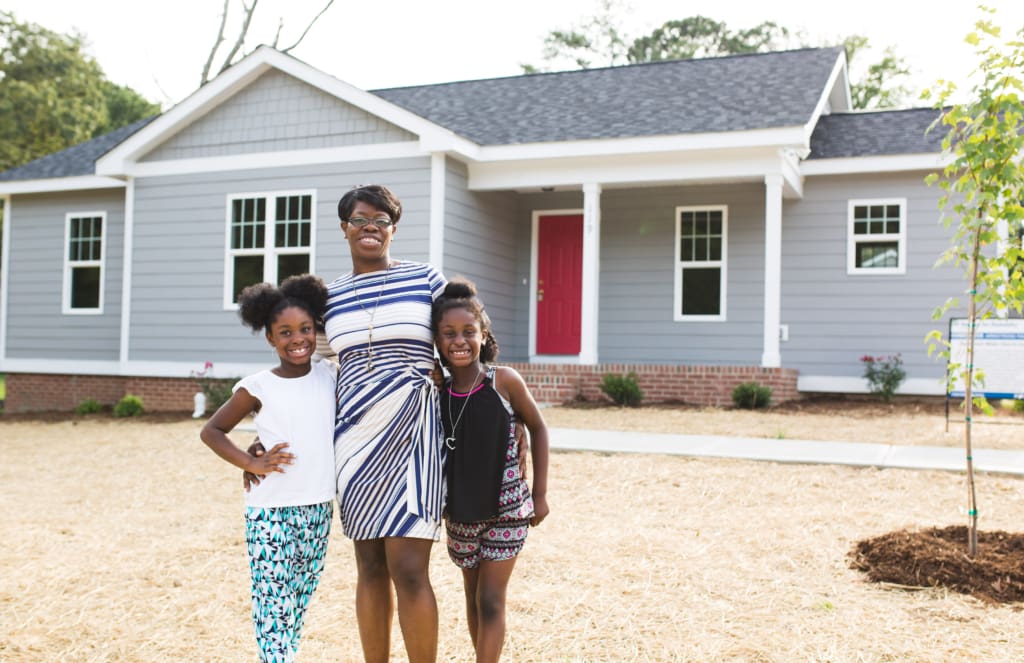
We often use this space to talk generally about housing affordability in North Carolina. Sometimes we highlight the data on affordability. Sometimes we analyze the policy. And sometimes we try to educate. We take great pains to make sure we give you as much information as possible in a way that is informative and fair. The affordable housing industry is a big tent – not everyone is in it for the same reason. But the one thing we DO know as advocates is that we support any attempts that result in more North Carolinians having a safe, decent, affordable place to live.
And that is why this week’s decision by the Cary Planning and Zoning Board to recommend that the Town Council deny a rezoning request by Habitat for Humanity of Wake County is so disappointing. Through its connections with a local church, Habitat Wake acquired 2 ½ acres of land and planned to build 23 townhomes, but needed the land rezoned. Some neighbors complained and Habitat held several community meetings to hear their concerns. After the meetings, Habitat Wake amended its plans and proposed nine detached single family homes. The neighbors continued to complain about flooding and property value and this week the Planning and Zoning Board made a recommendation to deny Habitat’s request. While the board’s recommendation is not binding, it is a strong recommendation nonetheless. It would be a short sighted move by the Town Council to deny the request, particularly since their recently approved Cary 2040 Community Plan calls for more affordable housing.

First, let’s look at the data. Nowhere in North Carolina is the need for housing affordability more evident than in the Town of Cary. With an average median income of almost $100,000 and average home prices of over $300,000, Cary is one of the most expensive places in NC to live. For households that are not ready for or cannot afford homeownership, renting is not much better – 55% of renters in that community are paying $1000 or more per month. In addition, 40% of those renters are cost-burdened, paying more than 30% of their income each month. That means service and retail workers as well as public sector workers like teachers, police, and firefighters are not able to live in Cary if they work there. They face long commutes and less economic opportunity.
Next, let’s look at the policy. Local zoning laws can either be barriers or aids to development. Zoning laws that restrict where and how housing can be built are especially controversial. As advocates, we often hear local support for affordable housing, as long as it is “not in my backyard”. NIMBYism is difficult for even a respected and conscientious developer like Habitat to overcome. Local governments must take leadership and really examine where their zoning decisions are restricting housing based out of fear rather than health and safety concerns. As one neighbor said at the commission meeting:
“The journey that brought us here came from a neighborhood meeting that said ‘Habitat for Humanity is coming,’ That’s what the flyers said when they landed on my porch. … It was as much push-back about who was moving into those houses as anything else, and that disappoints me.”
Habitat Wake went through a great deal of effort to be responsive to neighbors. It was transparent about the quality of its building methods and how homeowners are chosen. It is the responsibility of the Town Council to honestly weigh factors like bias when considering the zoning request. Kevin Campbell, President/CEO of Habitat Wake commented,
“Throughout this process, we have held the legitimate development concerns of the surrounding neighborhood in high regard. We reduced density from our original proposal by 65%. We eliminated attached housing units from the proposal based on concerns about compatibility. Twice we adopted plans that were suggested by neighbors only to have that support dropped leading us to the conclusion that there is perhaps an underlying concern about welcoming the future residents to the neighborhood.”
Which brings us finally, to education. There has been much research done now on the benefit of a community having a wide range of housing options at different levels of affordability. Those communities are safer, healthier, and more economically competitive. Children in those communities receive better educations and seniors have better quality of life. Everyone benefits. In fact, that is how Cary became Cary – it was a place that offered reasonable home prices and access to good schools and other amenities. Yet. NIMBYism continues to promote the myth that affordable housing negatively impacts housing values. There is now ample research debunking that myth. Here at the Coalition, we work hard to make sure local policy and decision makers know this and have access to up-to-date, relevant, important research on this topic. It is time for local governments to put that information to use and create an environment where housing development can happen at every income level. We encourage the Cary Town Council to approve Wake Habitat’s rezoning request.








